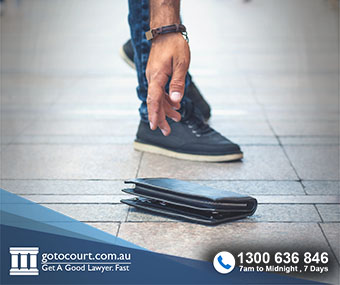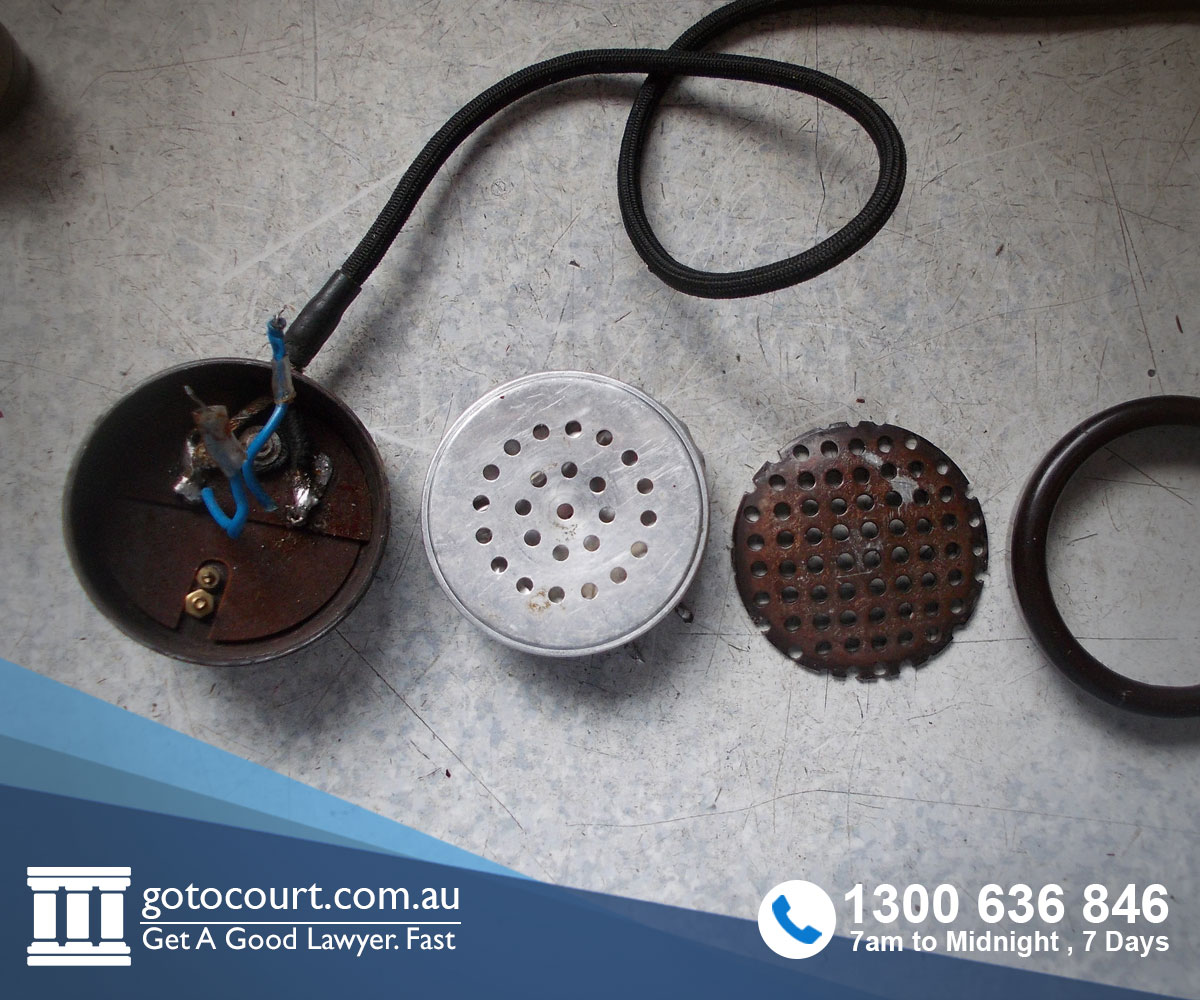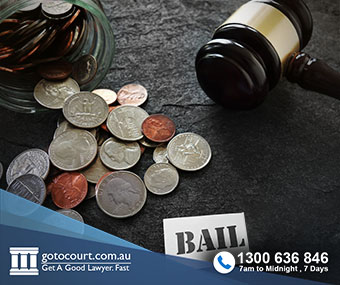Breach of Bail in New South Wales
Breach of Bail in New South Wales
If a person in New South Wales is charged with a criminal offence, police may arrest or summons them. If a person is arrested, they may be remanded or released on bail. Bail may be granted by the police or by a court. This article deals with breaches of bail in NSW.
Applying for bail
The police or the court need to consider two things when deciding whether to give a person bail. The person may have to show cause (depending on the offence/s they have been charged with and whether they were already on bail or parole when they were charged).
The court (or police) must also consider the following four bail concerns:
- whether the person is likely to come to court when they have to
- whether they are likely to commit any offences while on bail
- whether they are a danger to any person or the community
- whether they will interfere with witnesses or evidence.
If there is no concern about any of these factors, or if any concerns can be addressed by putting conditions on the person’s bail, then bail will be granted.
Bail conditions
The conditions that are put on a person’s bail must be only the minimum necessary to cover the bail concerns. It is always a requirement of bail to attend court on your next court date but other conditions can also be imposed, such as reporting to the police or having a surety deposit to guarantee your attendance.
When you are granted bail you have to sign an acknowledgment of the bail and its conditions before you will be released. By signing this you are agreeing to comply with all of the bail conditions. If you don’t comply, this is a breach of bail.
What is a breach of bail?
You can breach bail in two ways – by breaching a condition of your bail or by failing to appear in accordance with your bail undertaking. A failure to comply with a bail condition is not an offence but it can lead to the bail being reconsidered by the court. Failing to appear in accordance with a bail acknowledgment is a criminal offence. In New South Wales the law on bail is contained in the Bail Act.
If you fail or are about to fail to comply with a condition of your bail the police have a discretion regarding what they will do. They can choose to take no action or they may warn you against any further breaches. They can also issue a court attendance notice for you to come to court, or apply for a warrant for your arrest, or arrest you without a warrant and take you before the court. The police will ask the court to either revoke your bail or vary the conditions.
In most circumstances, a failure to comply with bail is admitted. However, if it is not admitted, there will be a short hearing. The court must be satisfied on the balance of probabilities that the police have proved that the bail condition was breached (that is, that it is more likely than not). The court may take into account any evidence or information that they consider is credible or trustworthy and the normal rules of evidence don’t apply.
If you have failed to comply with a bail undertaking, a court can choose to either:
- release you on the original bail
- change or vary the original bail
- revoke or refuse you bail. The court may only revoke or refuse you bail after considering all the alternatives. If the bail is revoked, any surety to the bail may have to forfeit any money they lodged for the bail.
Failing to appear in accordance with a bail acknowledgment is a criminal offence. The maximum penalty for failing to appear is either the maximum penalty for the offence that you are on bail for, or three years imprisonment or a maximum fine of $3,300.00, whichever is the lesser penalty.
It is a defence to a breach of bail if you can prove that you had a reasonable excuse for not appearing in court or for breaching a condition of your bail.
If you are found guilty of failing to appear then any surety to the bail may have to forfeit the money they lodged for the bail.
Varying bail
If you are on bail and your circumstances change and you think you may be unable to continue to comply with your bail conditions, you should apply to vary the conditions of your bail.
When making an application for a bail variation, you will need to show the court evidence of the change in circumstances. You will also need to convince the court that the change warrants a variation in bail conditions. For example, if you have gained full time employment and this will make it hard to comply with a daily reporting condition, this is likely to be accepted. If you want to remove a reporting condition in order to go on holiday, this is less likely to be accepted.
If you require legal advice or representation in any legal matter, please contact Go To Court Lawyers.

Affordable Lawyers
Our Go To Court Lawyers will assist you in all areas of law. We specialise in providing legal advice urgently – at the time when you need it most. If you need a lawyer right now, today, we can help you – no matter where you are in Australia.How It Works




1. You speak directly to a lawyer
When you call the Go To Court Legal Hotline, you will be connected directly to a lawyer, every time.

2. Get your legal situation assessed
We determine the best way forward in your legal matter, free of charge. If you want to go ahead and book a face-to-face appointment, we will connect you with a specialist in your local area.

3. We arrange everything as needed
If you want to go ahead and book a fact-to-face appointment, we will connect you with a specialist in your local area no matter where you are and even at very short notice.




















